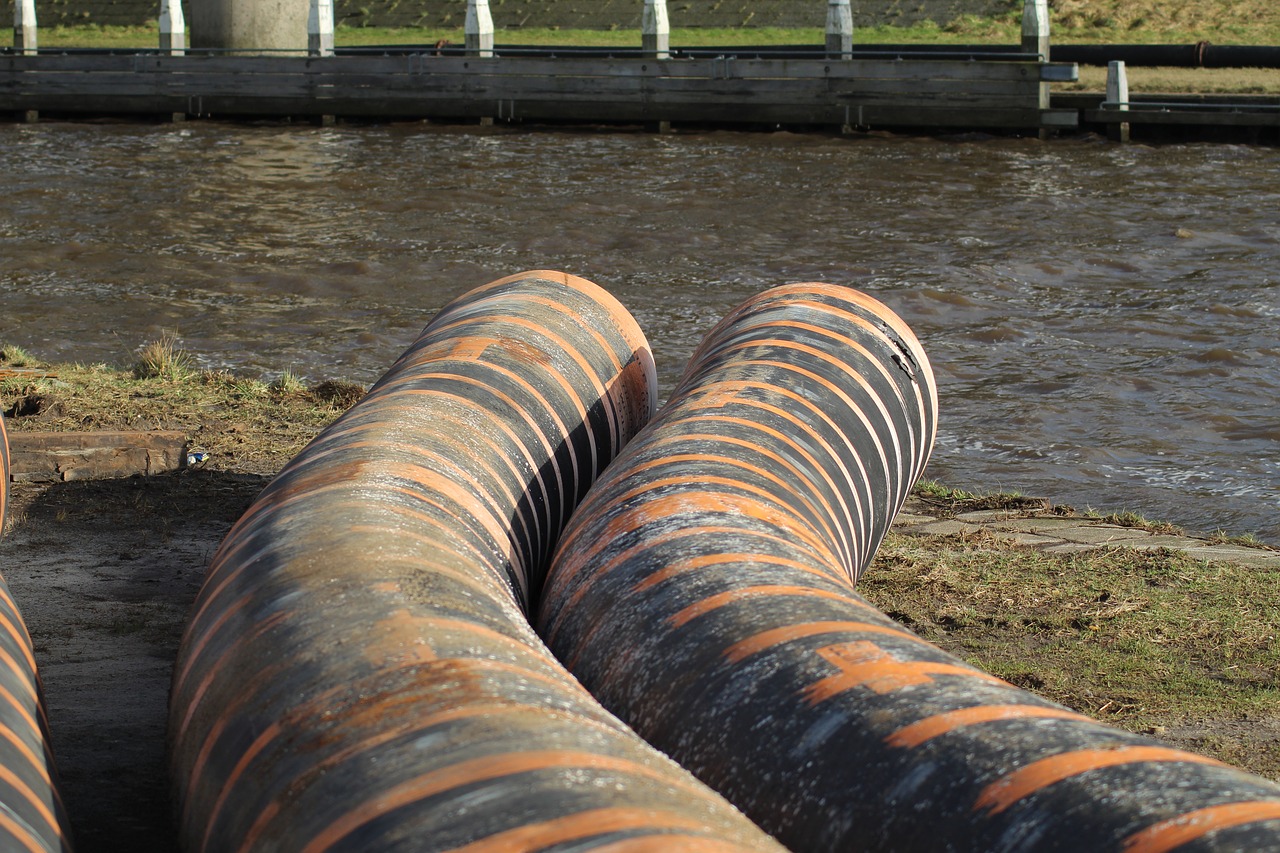
Researchers, who were originally testing sewage water in Tempe, Arizona to track the opioid epidemic, found evidence of coronavirus.
Rosa Inchausti and her colleagues at Biobot Analytics started testing sewage water in 2018 to monitor the opioid epidemic but they were able to shift their focus and begin sampling sewage for coronavirus.
Monitoring coronavirus through sewers
Biobot Analytics has been conducting sewage analysis for dozens of clients, including the cities of Tempe, Reno, Nevada and Boston, Massachusetts.
The company noted that while daily coronavirus counts exceed 70,000 based on standard testing, sewage testing reveal that the situation could become worse.
Inchausti said: "It's a leading indicator. The proof is in the poop."
Cities and universities in the US have been testing sewage to track the coronavirus pandemic and studies have shown that such tests are a useful in addition to standard person-by-person coronavirus testing.
This is because sewage samples may not be able to identify infected individuals, they can still indicate that infections are circulating in an area, a neighborhood or even in an individual building.
Mariana Matus, co-founder and chief executive officer (CEO) of Biobot Analytics, pointed out that sewage testing can demonstrate that the virus is beginning to circulate even before people go to hospitals and clinics and before they start taking Covid-19 tests.
Matus mentioned: "People start shedding virus pretty quickly after they are infected and before they start showing symptoms."
Identifying trends in an area
The Massachusetts Water Resources Authority publishes data analysis from Biobot which covered two million of its customers. In April and May, there was a surge in viral samples that eventually through the summer but current samples are at levels similar to the pandemic's height in the spring.
Matus explained: "We are seeing an upturn in the wastewater data which I think broadly matches what we are seeing across the country. It's been interesting seeing this almost second wave."
The Biobot CEO also pointed out that while Massachusetts still has a low percentage of positive coronavirus test results at 1.5%, the increasing number of positive hits from the sewage could mean more incoming positive tests.
"I think that it is pretty good evidence that we need to pay attention. Communities need to pay attention. Who doesn't like a poop story?" she said.
Meanwhile, Krishna Pagilla, chair of civil and environmental engineering at the University of Nevada, Reno and director of the Nevada Water Innovation Institute, argued that sewage testing is similar to preparing a weather forecast.
Pagilla said: "This is something that we should have concentrated on from the beginning in every community. We will know a few days in advance. We can inform the health authorities. It's especially useful in a college town"
"People are reluctant to get tested now. Or we have students who say 'hey I am having symptoms but I am going to hang out at home.' They don't get seriously ill, so they don't get tested. But then maybe they decide to go to the gym," he explained.
Additionally, Inchausti, who is the Tempe's Strategic Management & Diversity director, said her team has used the information to target low-income neighborhoods heavily populated by minorities who are most at risk of dying from the virus.






